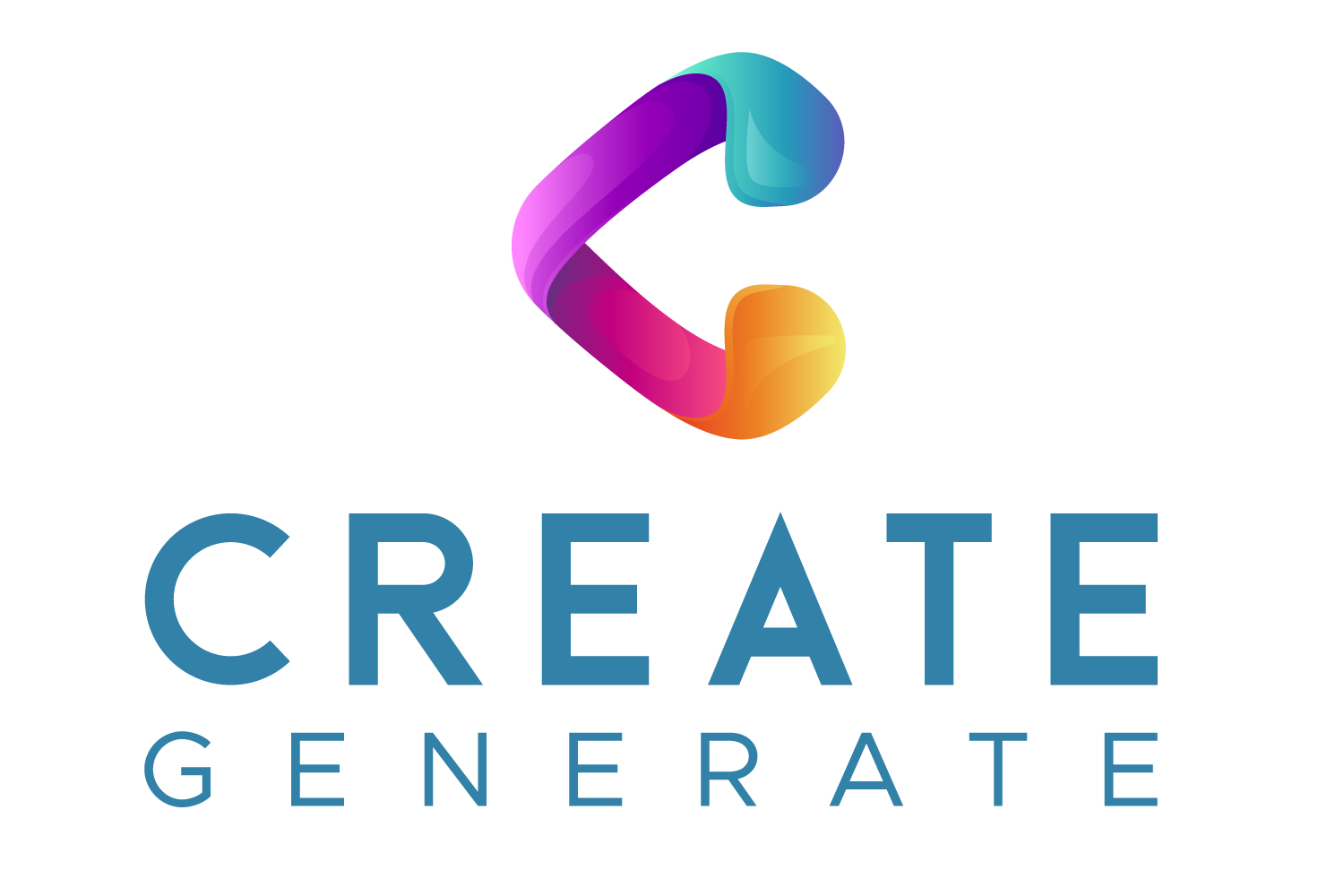The August 2024 core update, a significant algorithmic change implemented by Google, sent ripples through the SEO community. This update aimed to refine how Google evaluates and ranks content, ultimately delivering more relevant search results to users. As the dust settles, let’s delve deeper into the intricacies of this update and its implications for SEO and marketing professionals.
Understanding Core Updates
Core updates are periodic algorithm adjustments that Google makes to its search engine to ensure it delivers the most relevant and helpful results. Unlike penalty updates that target specific violations of Google’s guidelines, core updates are broader in scope, affecting a wide range of websites across various industries.
Let’s dive into the key points of this significant update and explore how it impacts content creators.
A timeline of updates
- September 2023: Google introduced a helpful content system update aimed at penalising low-quality, algorithm-generated content.
- March 2024: Google announced a core update focusing on reducing spam and low-quality results.
- August 2024: The latest update emphasised Google’s commitment to rewarding high-quality, original content, especially from smaller creators.
Key changes in the August 2024 update
- Focus on high-quality, original content: The update placed a greater emphasis on websites that produce high-quality, original content. This includes content that is informative, engaging, and provides value to users.
- Reduced importance of links: While links remain a factor in ranking, their significance has been reduced. Google is now placing more emphasis on the overall quality and relevance of a website’s content.
- AI and human-created content: The update clarified that the focus is on whether content is created for users or solely for SEO purposes. This means that both AI-generated and human-written content can rank well, as long as it is valuable and relevant.
- Social and forum content: Reddit and forum content are increasingly being included in search results, but Google is aware of the potential for this to overshadow original content.
- Recovery from past updates: Quality content will eventually be rewarded, but recovery from previous updates may be challenging as algorithms evolve.
Key takeaways for content creators
- Ranking fluctuations: The update has caused significant fluctuations in search engine rankings. While this may be frustrating, it’s important to remember that Google’s algorithm is continuously evolving to provide the best possible search results.
- Monitor rankings and traffic: Keep a close eye on your website’s performance and make necessary adjustments.
- Prioritise quality content: Google is now placing a greater emphasis on content quality. Focus on creating valuable, informative, and engaging content that resonates with your target audience.
- Utilise Google’s resources: Take advantage of Google’s self-assessment tool and core updates help page to gain insights into your website’s performance and identify areas for improvement.
- Be patient: It may take time for your rankings to stabilise after the update. Avoid making drastic changes to your content strategy based on short-term fluctuations.
- Provide feedback: Share your experiences and insights with Google. Your feedback can help shape future updates and ensure that the search engine better serves content creators and users.
- Optimise for user experience: Ensure your website is user-friendly, mobile-responsive, and fast-loading.
- Stay updated: Stay informed about Google’s algorithm updates and best practices.
- June 2024 spam update: Google also released a spam update in June, targeting low-quality content and manipulative practices.
- Site reputation abuse update: Google introduced a new policy to combat low-quality third-party content, aiming to improve the overall quality of search results.
Case Studies
To illustrate the impact of the August 2024 update, let’s examine a few case studies:
Example 1: The rise of smaller websites
A small, independent website that had been struggling to compete with larger, more established websites saw a significant increase in traffic and rankings following the update. This is likely due to the update’s focus on high-quality, original content.
Example 2: The decline of low-quality content
A website that relied heavily on low-quality, keyword-stuffed content experienced a significant drop in rankings. This demonstrates the update’s emphasis on quality over quantity.
Example 3: The importance of user experience
A website that had a poor user experience, such as slow loading times or difficult navigation, saw a decline in rankings. This highlights the importance of optimising for user experience.
Conclusion
The August 2024 core update was a significant development in the world of SEO. By understanding the key changes and their implications, SEO professionals can adapt their strategies to thrive in the evolving search landscape. By prioritising quality content, optimising for user experience, and staying updated on Google’s algorithm updates, websites can improve their visibility and attract more organic traffic.
Diversify your marketing strategy: a necessity in today’s digital landscape
Given the ever-evolving nature of search engine algorithms and the potential for unexpected ranking fluctuations, it’s imperative to diversify your marketing efforts. Over-reliance on organic search can leave you vulnerable to sudden changes in search engine rankings, potentially impacting your website traffic and revenue.
One effective way to diversify your marketing strategy is by incorporating targeted and bespoke email marketing campaigns. Email marketing offers a direct channel to reach your audience, allowing you to build relationships, nurture leads, and drive conversions. Unlike organic search, which can be unpredictable, email marketing provides a more reliable and controlled means of communication.
The benefits of email marketing:
- Higher ROI: Email marketing consistently delivers a high return on investment (ROI). Studies have shown that for every £1 spent on email marketing, businesses can expect to generate an average of £33.60 in revenue.
- Targeted reach: Email marketing allows you to segment your audience based on demographics, interests, and behaviours, ensuring your messages reach the right people at the right time.
- Improved engagement: Email campaign offers a more personal and interactive way to engage with your audience. You can personalise your messages, call to action, and design elements to create a more compelling experience.
- Measurable results: it provides detailed analytics, allowing you to track key metrics such as open rates, click-through rates, and conversions. This data can help you refine your campaigns and optimise your marketing efforts.
Partner with an email marketing agency
To maximise the effectiveness of your email marketing campaigns, consider partnering with a reputable email marketing agency. These agencies have the expertise and resources to help you:
- Develop targeted campaigns: Email marketing agencies can help you create targeted email campaigns that resonate with your audience and drive results.
- Optimise your email list: They can help you build and maintain a high-quality email list, ensuring your messages reach the right people.
- Design compelling emails: Professional designers can create visually appealing and engaging email templates that convert.
- Automate your campaigns: Email marketing automation tools can help you schedule campaigns, personalise content, and track results.
By diversifying your marketing strategy and incorporating targeted email marketing campaigns, you can reduce your reliance on organic search, build stronger relationships with your audience, and drive sustainable growth for your business.
Contact us today so we can create your next email campaign.

